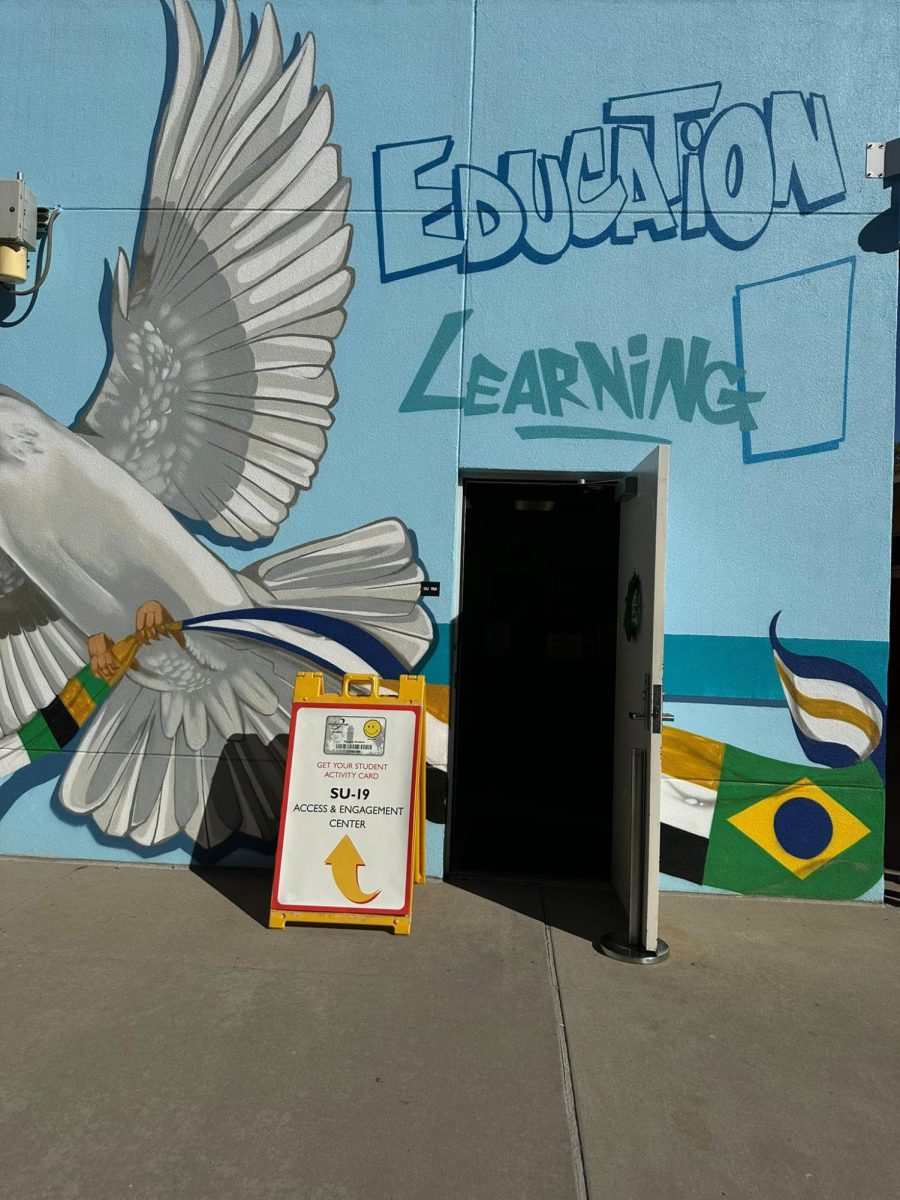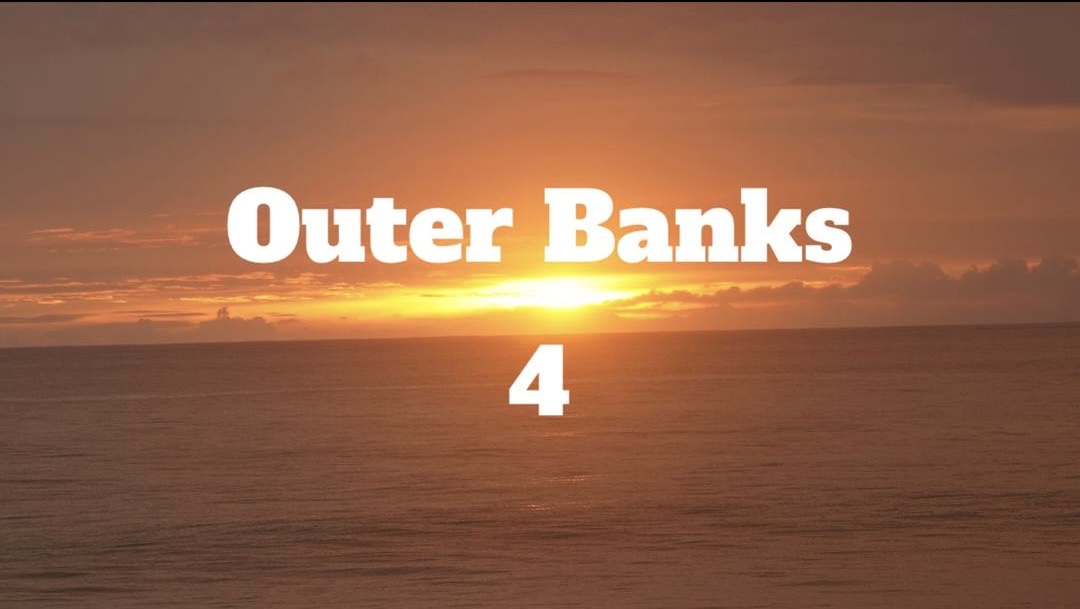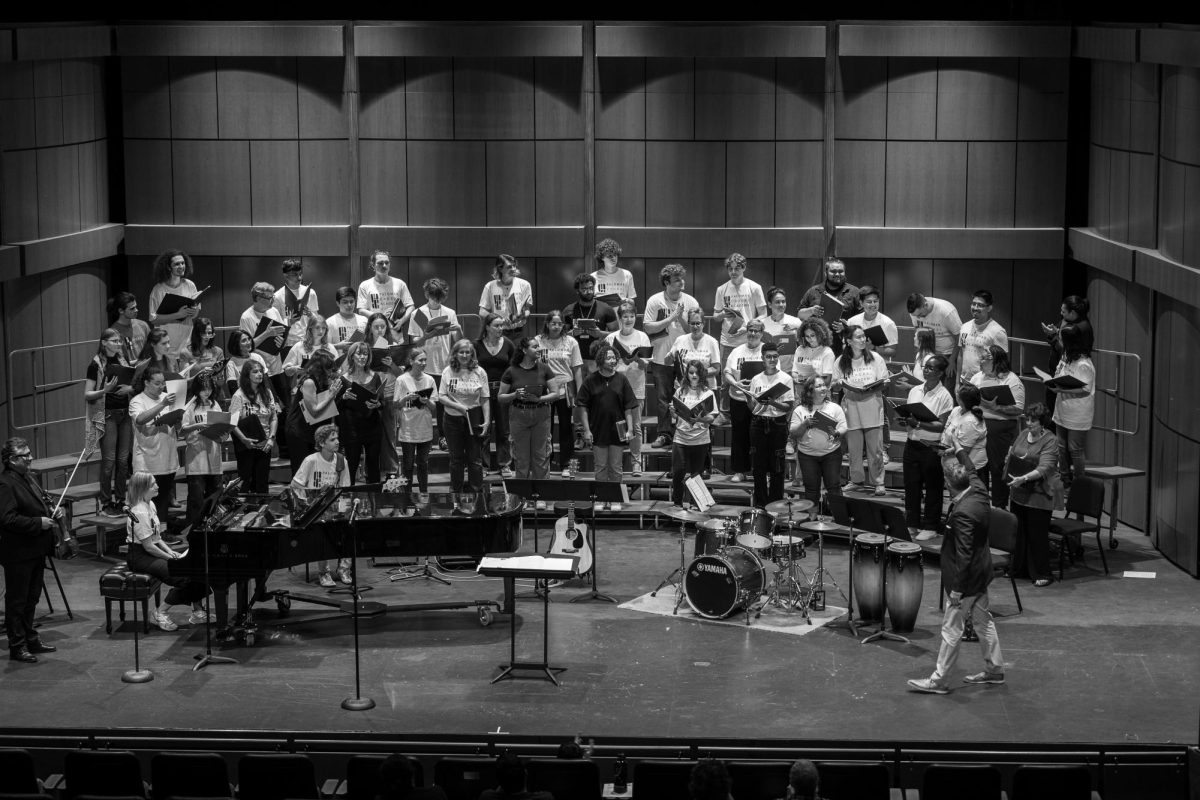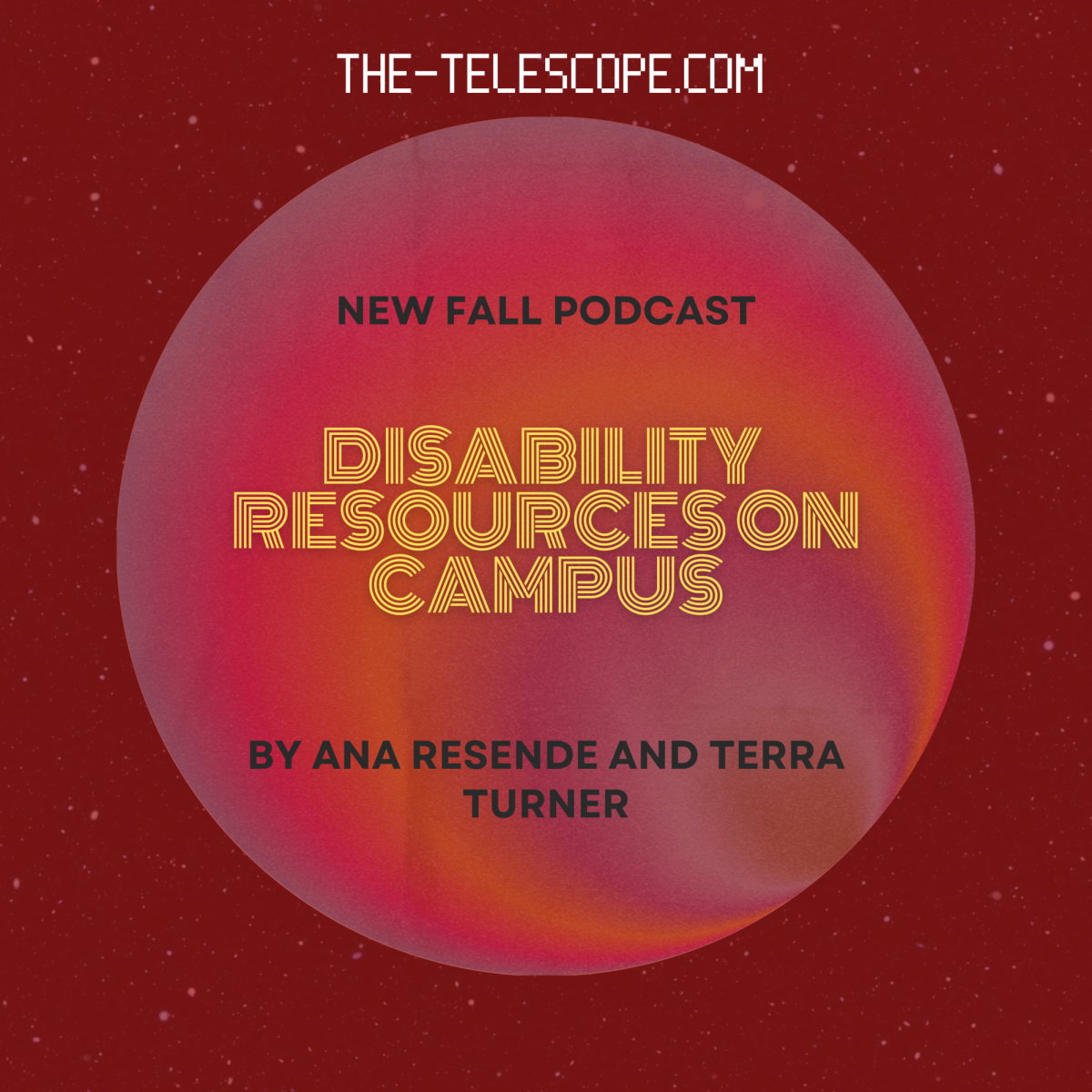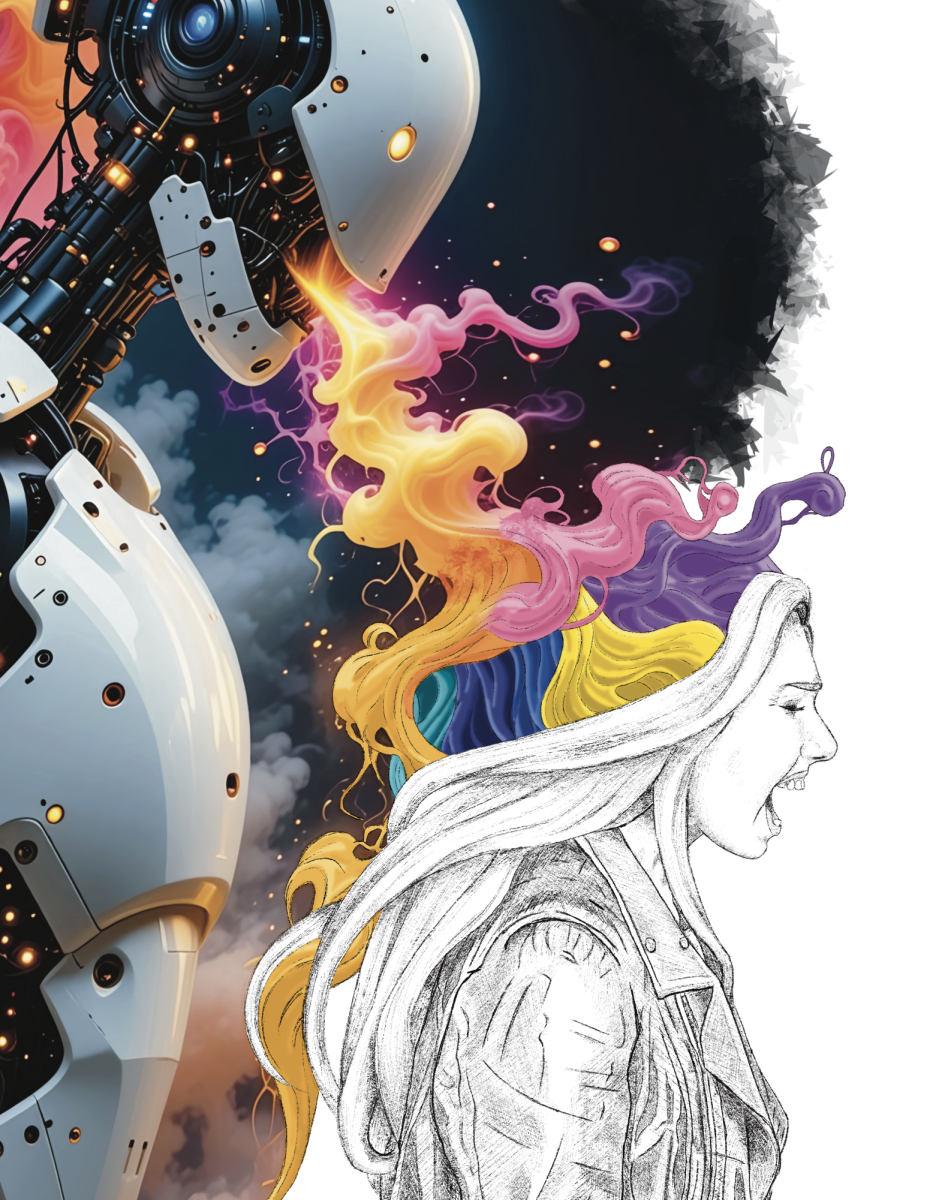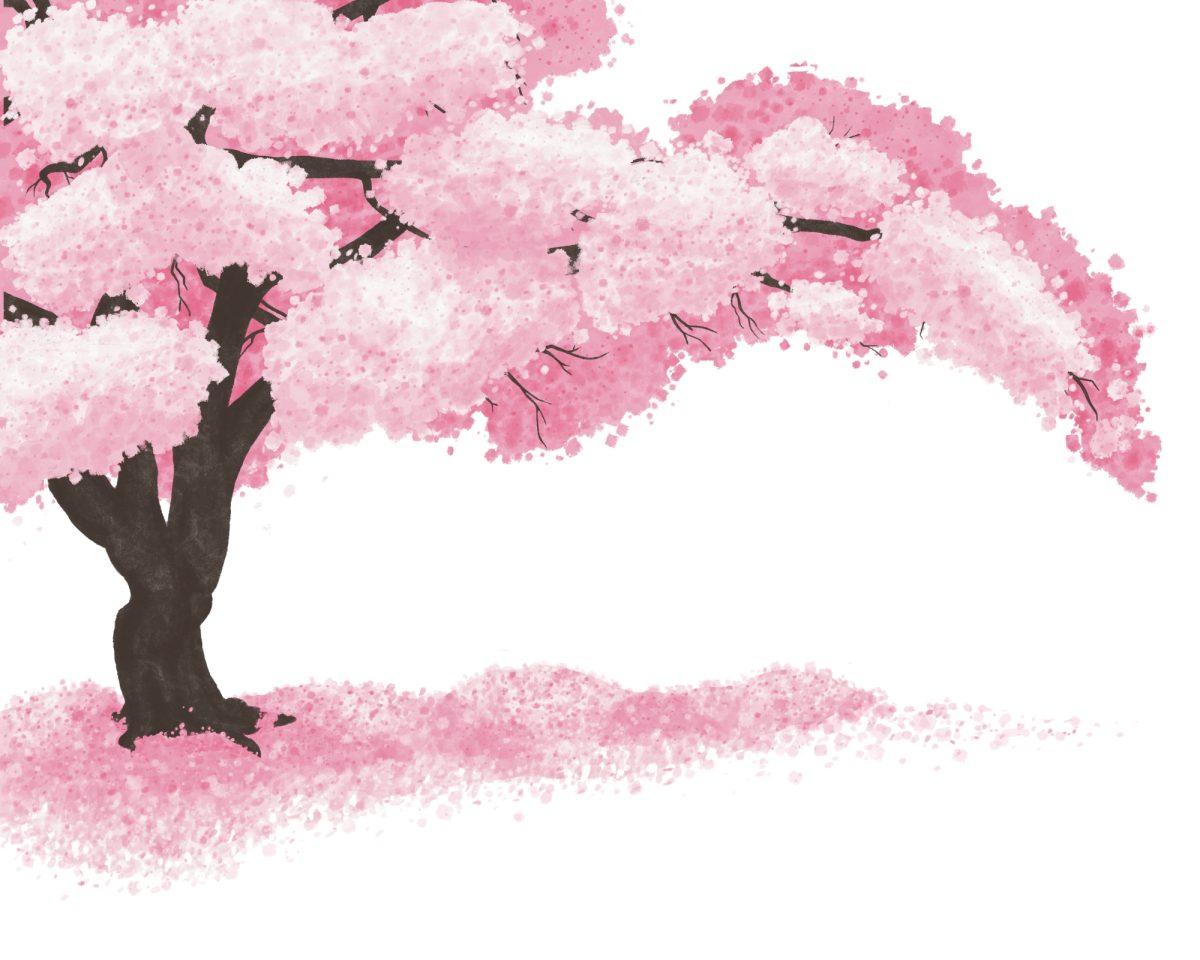Political junkies beware: House of Cards is back and better than ever.
The new season builds on the captivating and bitter intensity of the merciless political campaign of Frank and Claire Underwood. In this season however, the power-hungry couple will have to face their most formidable enemy: each other.
Season four kicks off in the wake of Claire’s shocking demand for a divorce and depicts just how far each character will go to achieve absolute power. If you haven’t got the chance to watch it, don’t worry I won’t spoil the end for you, but I will say that this season is a different monster entirely.
Unlike the first three seasons, where the series broke every cinematic taboo in the book, this season is less, lets say, “fourth-wallish”. That is that Frank speaks less to the audience, and instead the gripping ruthlessness we all fell in love with, is seen mostly from Claire.
However, Frank Underwood (Kevin Spacey) is still the heartless anti-hero we all silently cheer for, and his underhanded political strong-arming is all but over. In this season he stops at nothing to keep his spot in the White House as he campaigns in the 2016 presidential race. This adherence to our current political state adds to the marvel of the new season.
Throughout the season the show brings up topics ranging from: Syria, ISIS, the NSA, and domestic terrorism. It appears that the show was attempting to take on a deeper meaning; tackling current topics with an eerie insight. And filtering our existing political state with that characteristic “House of Cards feel”.
The new season is couch-gripping, and it leaves you with an unnerving pit in your stomach, because maybe, just maybe, there are politicians as absolutely evil as the Underwood’s. And the show does not shy away from this idea.
It seems that the entire series comes from the depths of pure frustration with American politics. And the correlation between the Underwood’s mysteriously unnatural marriage and that of the Clinton’s, is obvious.
But this could be the shows weak spot. Unlike previous seasons, the show is less digestible to a broad audience, and focuses primarily on an audience that it assumes has a prior knowledge of politics. This could make the show confusing to some.
Yet, even with this flaw, the show has gone where few have gone before. It has devolved not only into a hit drama, but into a sly social critique, unapologetic in it’s attempt to unmask the evil of politics. And give the viewer an only slightly fictionalized look behind the curtain.
But be careful, because once you have seen the show, you might not perceive the world with the same child-like innocence as before. It’s that good.


